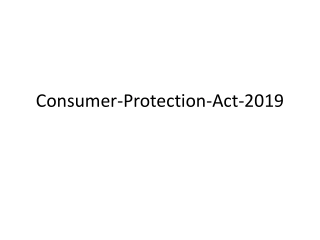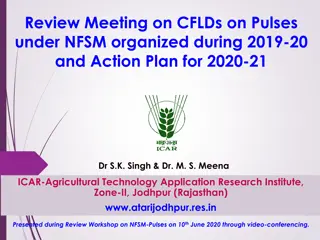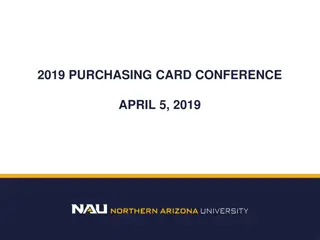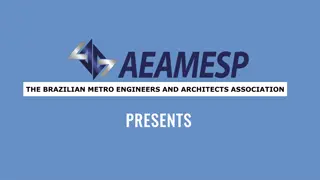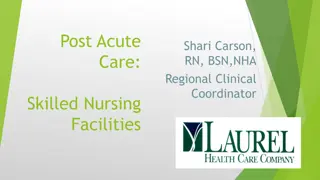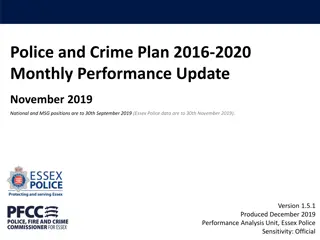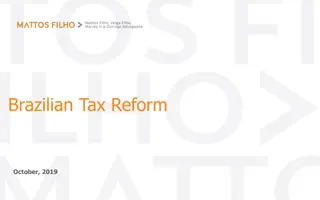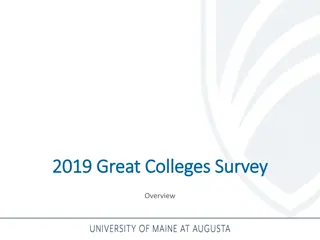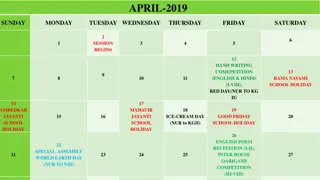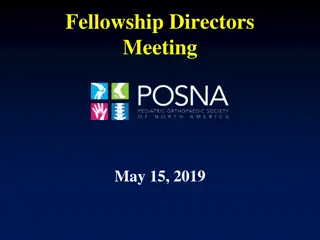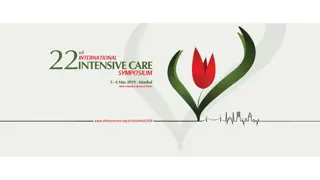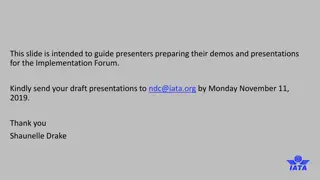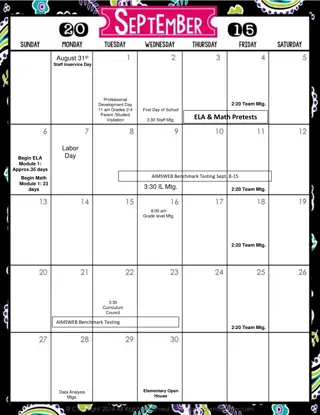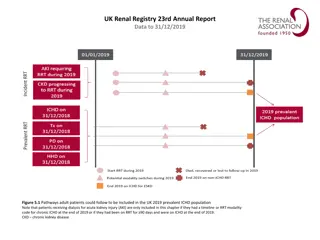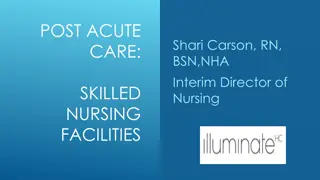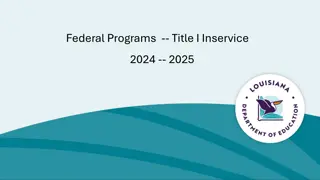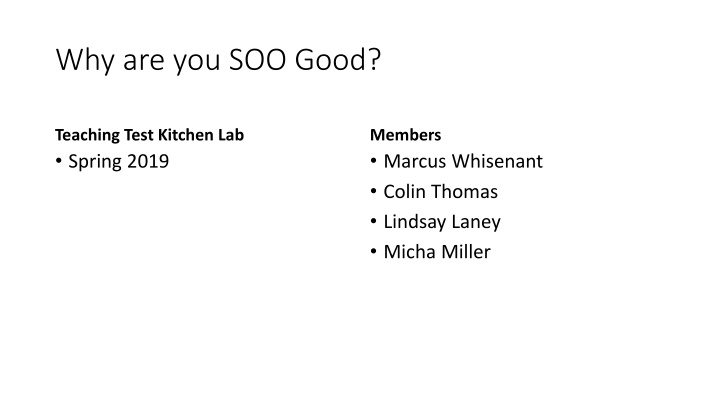
Teaching Methods and Feedback Practices for Community College Instructors
Explore the methods and practices shaping the teaching approaches of Community College instructors and how feedback plays a crucial role in their teaching evolution. Discover the significance of peer feedback, self-reflection, student interactions, and instructional improvements for a dynamic learning experience.
Download Presentation

Please find below an Image/Link to download the presentation.
The content on the website is provided AS IS for your information and personal use only. It may not be sold, licensed, or shared on other websites without obtaining consent from the author. If you encounter any issues during the download, it is possible that the publisher has removed the file from their server.
You are allowed to download the files provided on this website for personal or commercial use, subject to the condition that they are used lawfully. All files are the property of their respective owners.
The content on the website is provided AS IS for your information and personal use only. It may not be sold, licensed, or shared on other websites without obtaining consent from the author.
E N D
Presentation Transcript
Why are you SOO Good? Teaching Test Kitchen Lab Spring 2019 Members Marcus Whisenant Colin Thomas Lindsay Laney Micha Miller
Q1: Which of the following have shaped your methods as a Community College Instructor? Check all that apply. Colleagues that share your own teaching philosophies Colleagues with different teaching philosophies Instruction I viewed as a student Coursework/credentialing Conferences/workshops Teaching/education journals Texts, books, articles on instruction (e.g. Make it Stick) Student Feedback 0 5 10 15 20 25 30 35 40 45
Q2: Please check all the practices/procedures that have been beneficial for you when you were observed and/or evaluated as a faculty member. Use "other" to list any methods that were significantly not beneficial. Pre-meeting with peer observer Post-meeting with peer observer Peer observations outside of the Feedback from trusted peers Self evaluation with reflection with 0 5 10 15 20 25 30 35 40
Q3: What is your main or best method for soliciting student feedback outside of the official evaluation cycle? Feedback instrument or questionnairre Simple thumbs up thumbs down Discussion asking students specific questions Just sense whether students get it or not !!! I don't use in-class methods of student feedback 0 5 10 15 20 25 30 35
Q4: Considering the methods and practices mentioned above, what changes have you made to your teaching over time? Organization Delivery Pace of class Assessments (tests, papers, etc) Level of interaction with class Amount of material covered How you address different learning styles How you would test students on material covered Making more clear the main points of each topic The need for more supplemental material (e.g. study Change the number of opportunities to practice the 0 10 20 30 40
Which of the following have shaped your methods as a Community College Instructor? Research Peer feedback Colleagues that share their wisdom & great ideas Training opportunities, ISWs Self-reflection personal research and reading . . . keeps me excited and fresh with new information Reviewing videos of myself teaching with a mentor. . . helped me see myself through the eyes of my students. Observing others teach, being observed Peer critiques Feedback from good administrators who had teaching experience Colleagues with radically different teaching philosophies Job shadowing other professions Trial and error (2) Student design a class session + I work with them to facilitate or lead a discussion or exercise Other responses
Please check all the practices/procedures that have been beneficial for you when you were observed and/or evaluated as a faculty member. Use "other" to list any methods that were significantly not beneficial. NOT beneficial Student comments Student surveys Student feedback last minute rescheduling of observations [poor] feedback from past supervisors on how to improve at my job Why? How?
What is your main or best method for soliciting student feedback outside of the official evaluation cycle? Written forms Other communication forms Eye contact, office hours discussions Student writing and a closing evaluation; adjust the presentations to address poor study practices. Review and questions, student recap Writing portfolio with reflective assignments I encourage students to come to office hours . . . frequency of student complaints . . . frequency of student complaints Class time for thoughtful assessment of the course with both verbal and written feedback Conversations with students Other responses Weekly Chapter testing on Kahoots online. They took turns being responsible for a chapter and developing questions. They could act in teams and it was a competitive edge to reading chapters
Considering the methods and practices mentioned above, what changes have you made to your teaching over time Student Experience Course/Class Organization Bringing in experts other than myself - guest speakers, videos, out of class experiences Very little formal exams more hands on and in class groups . . . I m much more focused on quality and mindfulness, over quantity than I was in the beginning. Bringing in experts other than myself - guest speakers, videos, out of class experiences Scavenger Hunt Exams in Teams I make all my lectures available on video. more inclass small group assignments Other responses I'm constantly tinkering with my teaching, wishing to be the best I can be and do the best job I can to help my students realize their potentials. Trying to compete with distractions (cell phones, social media) but unsuccessfully. Those two points are taking students down. Many students will not read text

